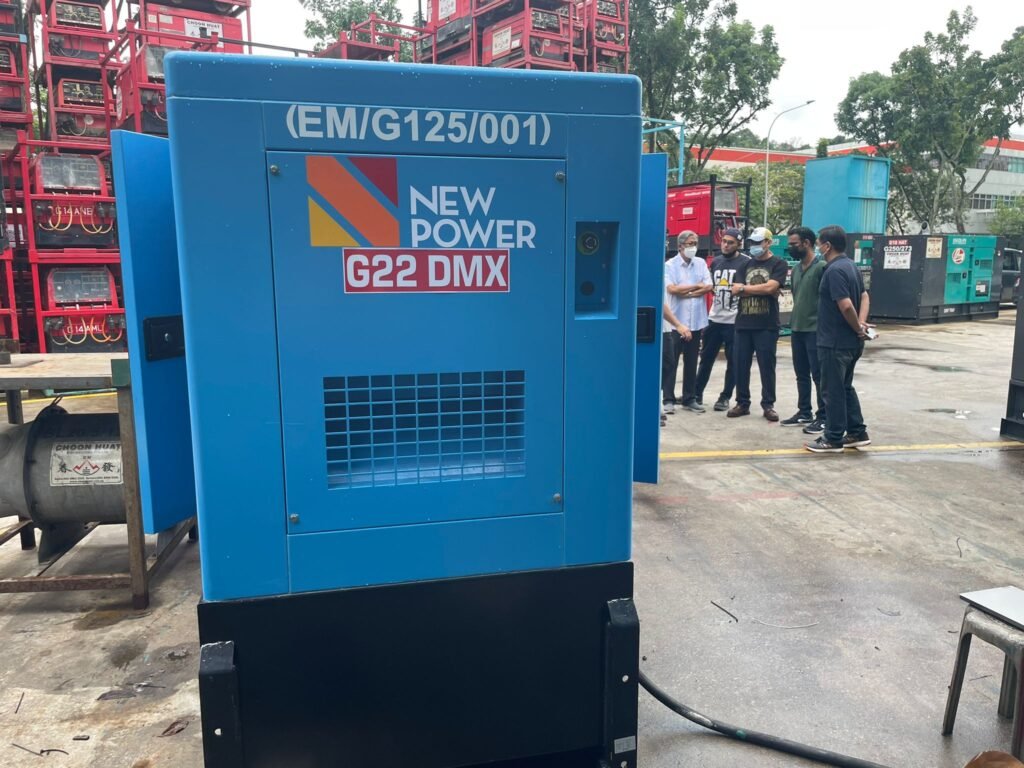Diesel generators are known for their high power output and reliability, but they have traditionally been associated with poor emissions performance. However, advances in technology and regulatory requirements have led to improvements in the emissions performance of diesel generators, making them cleaner and more environmentally friendly.
One way to reduce emissions from diesel generators is to use ultra-low sulfur diesel fuel. This type of fuel has lower levels of sulfur and other pollutants, which reduces emissions of particulate matter and sulfur oxides. In addition, some diesel generators use advanced fuel injection and combustion systems that further reduce emissions.
Another approach to reducing emissions from diesel generators is to use exhaust aftertreatment systems. These systems can remove particulate matter and nitrogen oxides from the exhaust gas before it is released into the environment. Common aftertreatment systems include diesel particulate filters, selective catalytic reduction systems, and diesel oxidation catalysts.
It is important to note that while modern diesel generators emit much less pollution than their predecessors, they still produce emissions that can be harmful to human health and the environment. Therefore, it is important to use diesel generators in a responsible manner and to comply with all relevant emissions regulations.
Overall, while diesel generators are not as clean as some other types of power generation, they can be made much cleaner than in the past through the use of modern technology and emissions control systems. NEWPOWER generators are all custom built with engines that have at least emission standards of US TIER 2 and EURO TIER 2, meeting Singapore NEA regulatory requirements.


